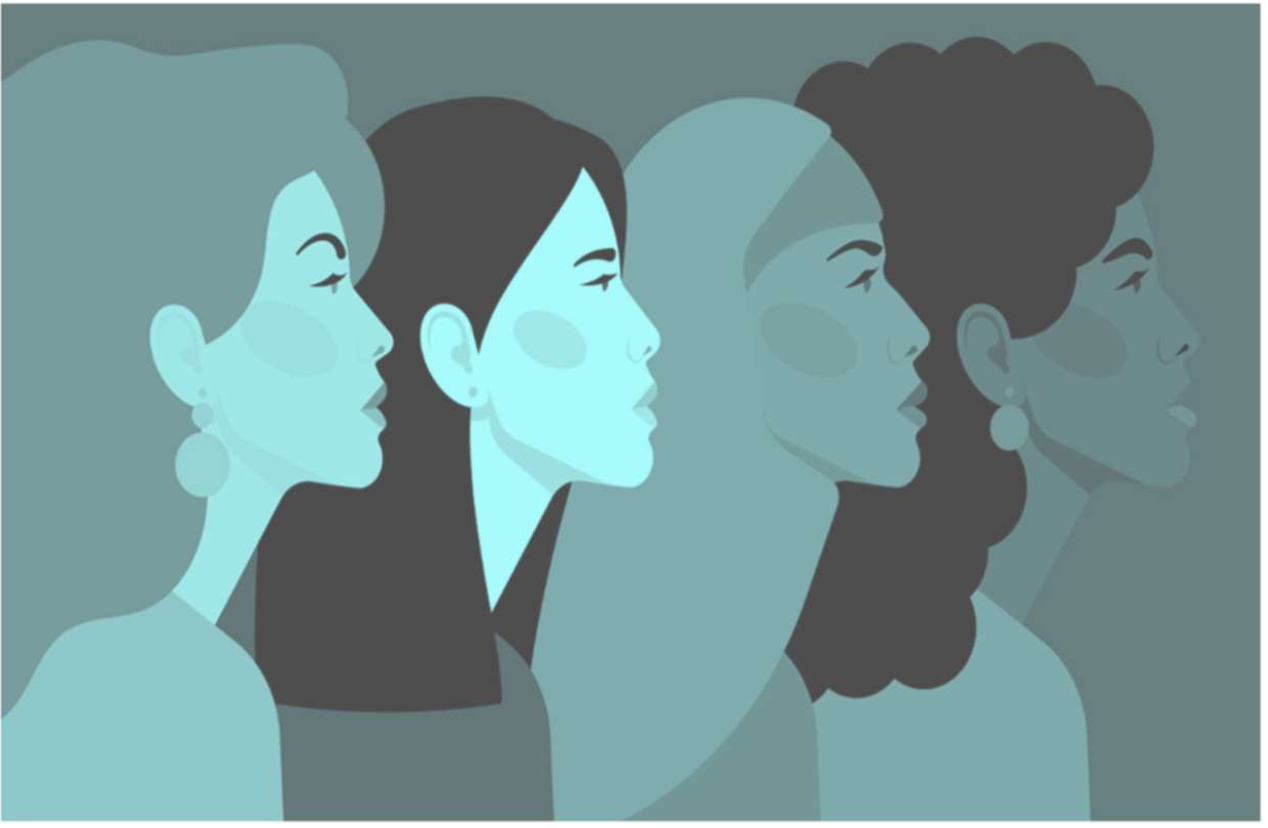FOR IMMEDIATE RELEASE
June 24, 2022
Contact: William Lutz | lutz@iwpr.org | (202) 684-7534
“This is a dark day for American democracy and women’s reproductive rights.”
SCOTUS Overturns Roe v. Wade
Washington, D.C. — The Supreme Court today issued a decision effectively overturning Roe v. Wade, the nearly 50-year-old landmark decision that recognized women’s constitutional right to abortion. Institute for Women’s Policy Research President and CEO, Dr. C. Nicole Mason released the following statement:
“This is a dark day for American democracy and women’s reproductive rights. Today, the Supreme Court turned back the clock on nearly a half century of progress on gender equality,” said Mason. “Now, legislatures across the country are expected to quickly ban abortion, leaving women—especially low-income women and women of color—without access to critical health care services in their states and communities,” said Mason.
IWPR research shows that state bans on abortion and other restrictions on women’s reproductive health hurt women and states economically even as they imperil women’s health and freedom.
Earlier this year, the Center on the Economics of Reproductive Health (CERH) at the Institute for Women’s Policy Research (IWPR) released new research calculating the economic cost of reproductive health restrictions on state economies. At the national level, IWPR’s research estimates that state-level abortion restrictions cost state economies $105 billion dollars per year.
IWPR’s analysis estimates that, on a national scale, if all state-level abortion restrictions were eliminated:
- An additional 505,000 women aged 15 to 44 would enter the labor force and earn about $3.0 billion dollars annually.
- Currently employed women aged 15 to 44 would gain $101.8 billion in higher earnings annually.
- Income of individual women aged 15 to 44 would be $1,610 higher—with an impact from $0 in Vermont to $2,879 in Nebraska.
- National GDP would be nearly 0.5 percent greater—ranging from zero percent in Vermont to over one percent in Missouri.
“On the heels of the most recent economic downturn, where women experienced tremendous job and income losses compared to men, the Supreme Court decision makes it more difficult for women to regain their economic footing and to plan for their futures. Further, the lack of access to the full range of reproductive health care services in the states, including abortion care, will have a devastating effect on women’s short-and-long-term earnings and income, job security and career advancement, and increase the likelihood they will become impoverished,” Mason said.
###
The Institute for Women’s Policy Research strives to win economic equity for all women and eliminate barriers to their full participation in society. As a leading national think tank, IWPR builds evidence to shape policies that grow women’s power and influence, close inequality gaps, and improve the economic well-being of families. Learn more at IWPR.org and follow us on Twitter.



